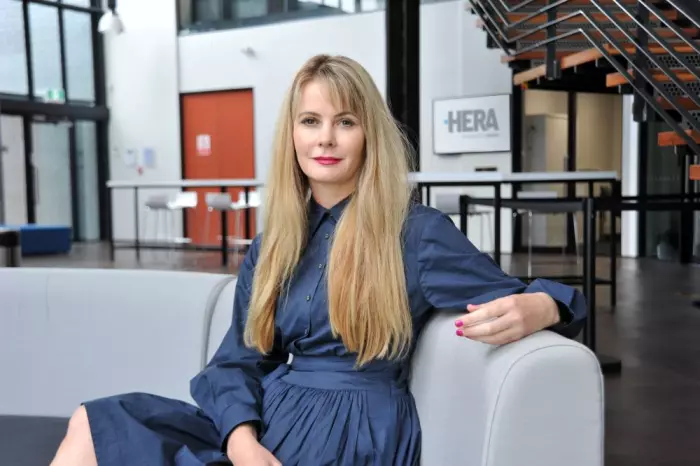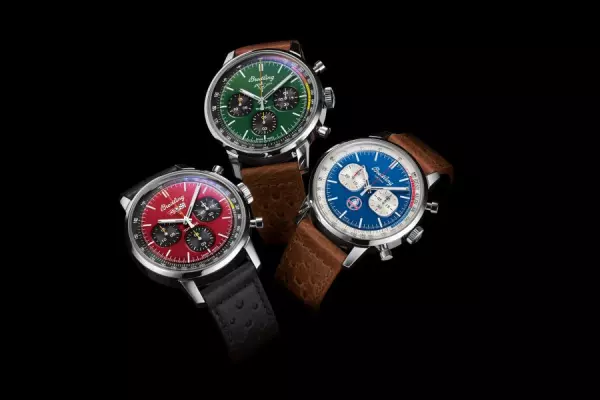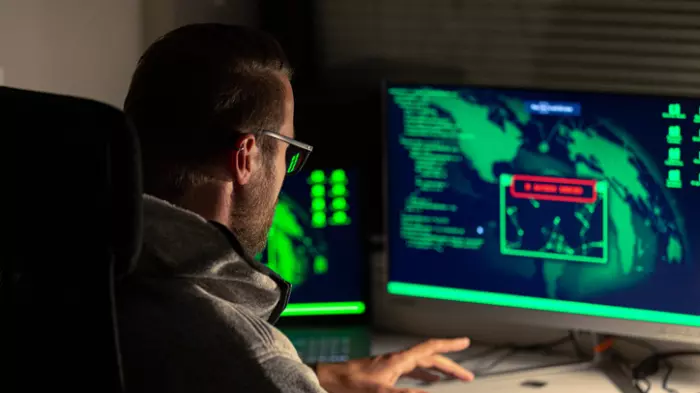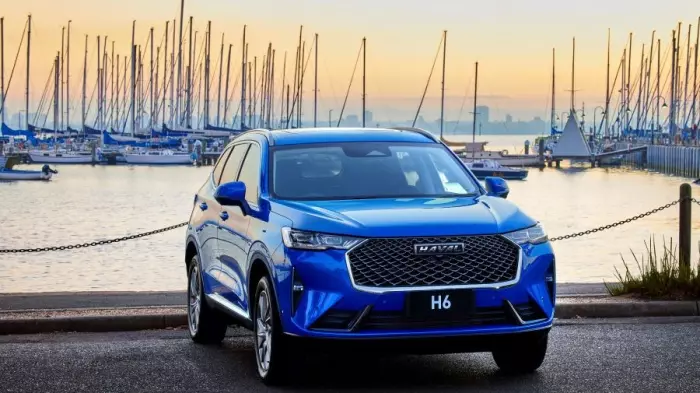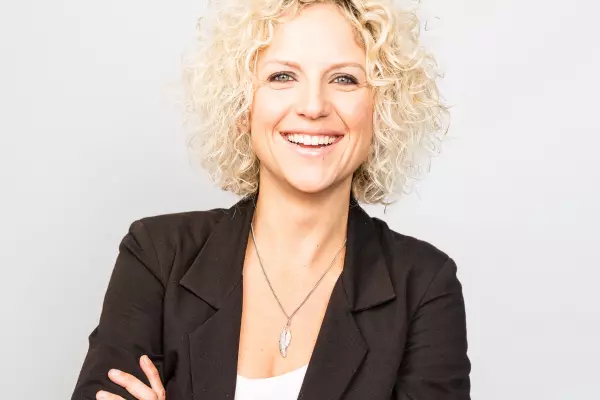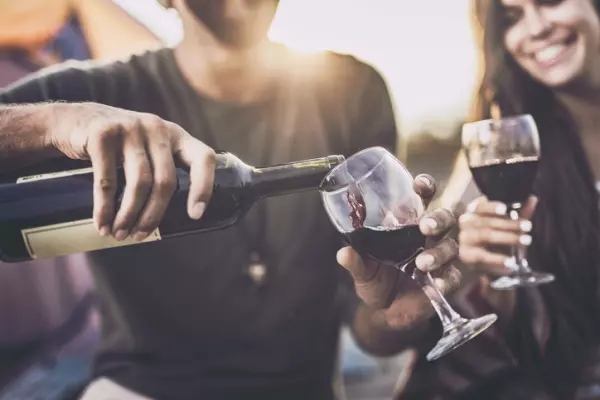Welcome to My Net Worth, our regular feature on the lives and motivations of our top businesspeople, in their own words.
Troy Coyle became the first woman chief executive of the Heavy Engineering Research Agency (HERA) in its 42-year history when she took up the role early in 2018. She had previously been head of innovation and product development and Pacific Islands export manager at New Zealand Steel, and had also held roles within the Australian parent company BlueScope Steel. With a PhD in marine science, Coyle is a director of educational charity Hector’s Protectors, which works to protect Hector’s and Māui dolphins, and a supporter of animal welfare group Safe. One Australian interviewer described her as “a shy country girl by nature … fierce in her beliefs and commitment to protect our diminishing environment to ensure that there will still be nature in future”. A lifetime highlight was helping to secure a $25 million grant to create the Sustainable Buildings Research Centre at the University of Wollongong in New South Wales.
I had an unusual childhood. I was born in Brisbane but we moved around a lot. We even spent time in Papua New Guinea. I went to seven different primary schools. And finally, we settled in one place.
It's probably easy to think I might have had a difficult upbringing, but I don't really feel like it was. My mum was coping with my dad’s death, but I had a really good childhood living mostly in country areas and being raised without any expectation or pressure on me around material things. I was raised pretty poor as well, so I feel like I've got a good appreciation of material things – not to take them for granted.
I've almost rebelled by being more conservative compared to my mum and how I grew up. A big thing she's passed on to me is daring not to be a conformist.
I was one of those kids who knew what they wanted to do when they were really young. It was around saving whales; that's what really inspired me. I thought it was scientists who made a difference. And then I realised no one really listens to the science until it's almost too late. I started thinking about policymakers, but they are just at the whim of governments. Now I'm at the point where I think, well, really, it's the politicians who make all the difference, and we need to get more people in. I don't know if I'm thick skinned enough to go into politics, though.
I did a PhD in sciences and a then a masters in communication and then focused my career on industry innovation in the biotechnology area. I've just carried on trying to find ways that I can have maximum impact around environmental issues, basically.
 Troy Coyle (centre) on a NASA project in 2004.
Troy Coyle (centre) on a NASA project in 2004.
Being CEO of HERA fits my style. You know, I'm always advocating for something. At the moment, I'm really enjoying advocating for an increased focus on women in engineering. Also, we're just about to launch a world first, which will be a zero-carbon steel programme for steel productions in New Zealand through an offsetting calculator. This is something I've put a lot of my energy into and I think it will make a big difference if it's able to get traction.
One of my big learnings is that I'm not able to conform to the typical, idealised version of a leader. I really don't have many of the attributes that are typically identified as being those of a successful leader. I'm not a big, physical presence. I sometimes get underestimated because of that, so I've had to accept that within myself and work around it, and almost have to advocate for that diversity of leadership style.
My best business advice is that everything is a learning and if you have the courage to have that mindset, you can’t go wrong.
My biggest life success is having my son, Fox. I'm so fortunate to have been able to have had him at 43. He was kind of like a miracle baby.
I do a lot of mindfulness and meditating. I would say that I don't have my stress levels under control some of the time. One thing that relaxes me the most is to do a beach cleanup and collect plastic. I like it because it's got a purpose to it.
My friends would probably say I'm the responsible one. People come to me when they've got a problem. I got all of my bad experiences in life early, so now I can help put things into perspective as an adult.
In the weekends I'll do yoga and I'll take my son to karate and swimming lessons, walk the dog and try to get my life into some kind of order.
The most important thing for me is to make sure that my son has the same opportunities that I had. What I want to do is make sure there are lions and tigers and elephants and whales still in the world for him to be able to see in the wild.
I'm making a big donation to an organisation that I'm passionate about. It's going to be named for my son and it's going to make a difference to marine mammals. I feel like I've finally come to the point where I can afford to do it.
As told to Jacqui Loates-Haver.
This interview has been edited for clarity.


